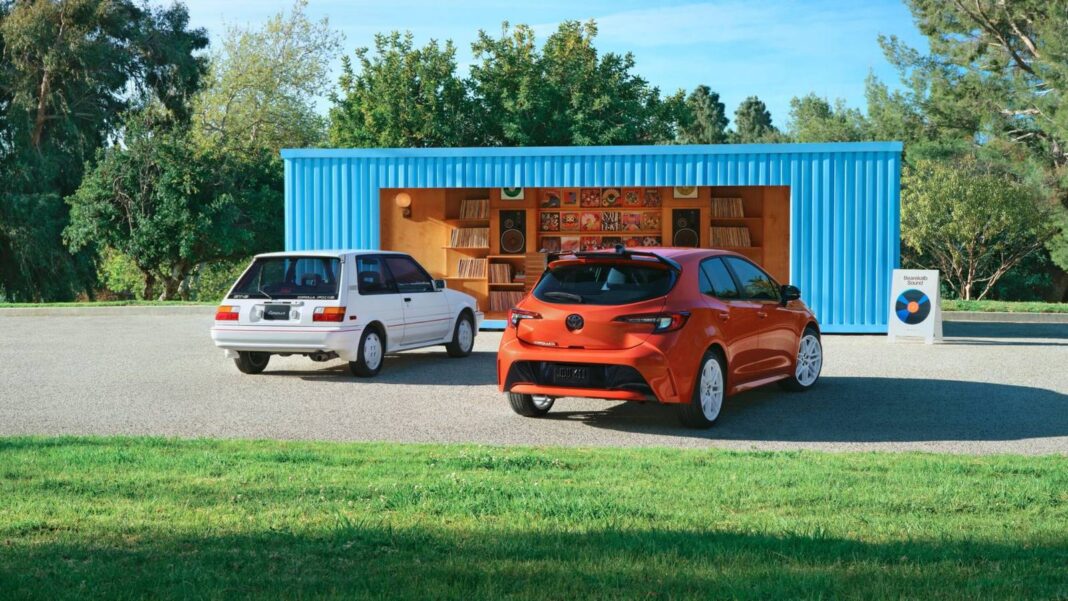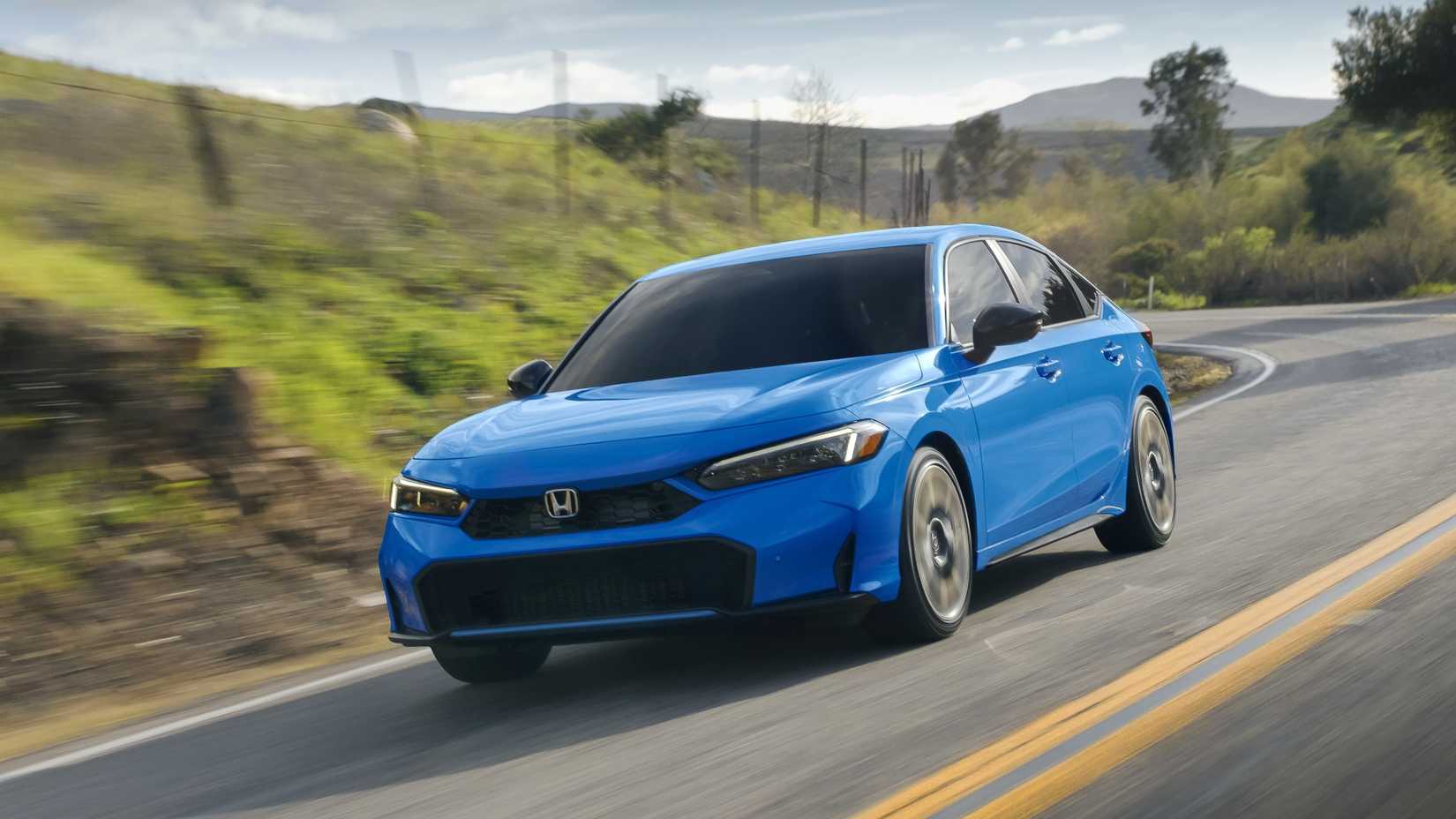When it comes to long-term value, few cars hold their resale power like this popular hatchback. Even after five years, it retains a surprising percentage of its original price, making it a standout in a market where depreciation often hits new vehicles hard.
Beyond its impressive resale numbers, the car offers reliability, efficiency, and a practical layout that appeals to a wide range of buyers. Comfortable seating, intuitive technology, and low ownership costs contribute to its enduring appeal, helping it maintain demand in the used market.
While a few rivals come close, none match the combination of affordability, longevity, and broad appeal that this hatchback delivers. For buyers who want a smart investment without sacrificing everyday usability, it remains the benchmark for value in its segment.
In order to give you the most up-to-date and accurate information possible, the data used to compile this article was sourced from various manufacturer websites and other authoritative sources, including the CarEdge, J.D. Power, RepairPal, and the EPA.
The Toyota Corolla holds its value exceptionally well in any form
If you ask anyone what the car you should buy if you’re looking for something simple that won’t cost a ton to run, chances are they will at least think of the Toyota Corolla. The nameplate has been around for decades and has played a big part in building Toyota’s reputation for reliability. The cherry on top is that when you go to sell your used Corolla, you should get a decent amount of your money back.
Estimated depreciation over five years
|
Model |
Estimated residual value after five years |
|---|---|
|
Toyota Corolla Hatchback |
81% |
|
Toyota GR Corolla |
70% |
|
Toyota Corolla Cross |
68% |
|
Toyota Corolla Sedan |
67% |
In today’s age, the Corolla comes in a number of different forms. The base model comes as either a hatchback or sedan, with a crossover variant and a sporty GR model also being available. Regardless of which model you take home, you’re getting a car that will hold its value better than most. The hatchback is the obvious outlier, somehow beating its sedan cousin by quite a lot when it comes to its residual value after five years.
While it is exceptionally impressive that the GR Corolla and the Corolla Cross are also among the slowest depreciating cars you can buy, we focus on the hatchback in this article. The hatch ranks as the vehicle with the best resale value after five years of ownership. It is especially impressive because most of the other vehicles that hold their value this well are either trucks or large SUVs.
It’s a cheap car to buy too
|
Model |
Starting MSRP |
|---|---|
|
SE |
$24,180 |
|
FX |
$26,780 |
|
XSE |
$27,175 |
Above is the trim lineup of the 2026 Toyota Corolla Hatchback. It comes in three different trim levels and none start higher than $30,000, which is a becoming more and more of a rarity in today’s market. It is an exceptionally budget-friendly car, with a palatable starting price and a bevy of standard features. Obviously, this is made even better when you know that you’ll get a lot of your money back when you sell it a couple years down the line.
According to CarEdge’s estimates, you shouldn’t lose a ton of money if you hold onto your Corolla Hatch for five years. If you bought the most affordable model, you should get around $19,603 back when you move on in five years. This is, of course, assuming that you keep it in good condition and that you drive it for around 13,500 miles annually.
You’ll save a lot of money overall if you buy yourself a new Corolla Hatch
It’s not hard to see why Corolla’s are such desirable models on the used market. They are simple cars that come with plenty of modern features, but they’re also exceptionally reliable and very cheap to run. If you’re on a budget, there are a number of different ways that this humble little hatchback keeps costs low.
Toyota Corolla reliability and maintenance
- Reliability score: 81/100 (J.D. Power)
- Average annual maintenance costs: $362 (RepairPal)
- Average ten-year maintenance costs: $4,444 (CarEdge)
- Recalls: 3
- Used models to avoid: 2009/2010
Toyota is synonymous with reliability, and the Corolla is a big reason for that. The 2026 model year has recently been rated by J.D. Power, scoring 81 out of 100 for quality and reliability, which means it is above average by a good margin. Most model years score highly, though, and it is hard to find an owner that has any really bad things to say when it comes to how sturdy the little car is.
Maintenance costs are exceptionally low on the Corolla. CarEdge estimates that compared to the average car, the Corolla costs $1,321 less to maintain over ten years. According to their data, you should only be on the hook for around $1,435 when it comes to maintenance costs. This aligns pretty closely with RepairPal’s estimates.
Since the 2019 model of the Corolla Hatchback, there have only been three recalls issued, which is downright miraculous for a modern car. Two are for really minor issues, with labels not being up to snuff and the potential for a lose cable that could affect your backup camera. The last is a fuel pump issue that only affects 2020 model years.
Performance and fuel economy
|
Engine |
2.0-Liter Naturally Aspirated Inline-Four |
|---|---|
|
Transmission |
eCVT |
|
Horsepower |
169 HP |
|
Torque |
151 LB-FT |
|
Driveline |
FWD |
|
Fuel Economy (City) |
32 MPG |
|
Fuel Economy (Highway) |
41 MPG |
|
Fuel Economy (Combined) |
35 MPG |
Every new Toyota Corolla Hatchback comes equipped with a two-liter inline-four. There is a hybrid powertrain available, but you have to opt for the sedan body type to get it. It comes standard with front-wheel drive, with all-wheel drive not even offered as an option, and a continuously variable transmission that imitates a ten-speed automatic.
The Corolla hatchback is among the most fuel efficient non-hybrid vehicles on the market, with there only being a handful of models that can beat its overall efficiency. It is worth noting that opting for the FX or the XSE does slightly reduce overall efficiency due to the fact that they come with slightly larger wheels than the base trim.
The EPA estimates that the Corolla hatchback will save you around $1,500 over five years in fuel compared to the average new car. This assumes that you drive around 15,000 miles annually and that 45 percent of that is on the highway and 55 percent is in urban areas.
There are some other small affordable cars that hold their value quite well
The Corolla Hatchback sits in a class of its own when it comes to resale value, with very few other cars coming close. However, if it really doesn’t appeal to you, and you want to find some other affordable cars that will also hold their value well, there are some options. While not up to the standard of the Corolla Hatch, these cars do come pretty close.
The runners-up
|
Model |
Estimated residual value after five years |
|---|---|
|
Honda Civic |
69% |
|
Hyundai Venue |
69% |
|
Subaru Impreza |
68% |
|
Nissan Kicks |
66% |
As we mentioned before, there are a number of trucks and SUVs that depreciate exceptionally slowly, but we don’t think that people looking to buy a Corolla Hatchback will see these as viable alternatives. Instead, we’ve focused on cars that could genuinely compete with the hatchback in terms of price, value, and overall running costs.
If you’re specifically looking for a small hatchback, the Subaru Impreza and Honda Civic are pretty comparable to the Corolla Hatchback. They both have low asking prices and a reputation for being cheap and reliable. If you’re willing to go with a small crossover, which we think are pretty similar to hatchbacks, then the Hyundai Venue and Nissan Kicks also keep long-term costs relatively low.


